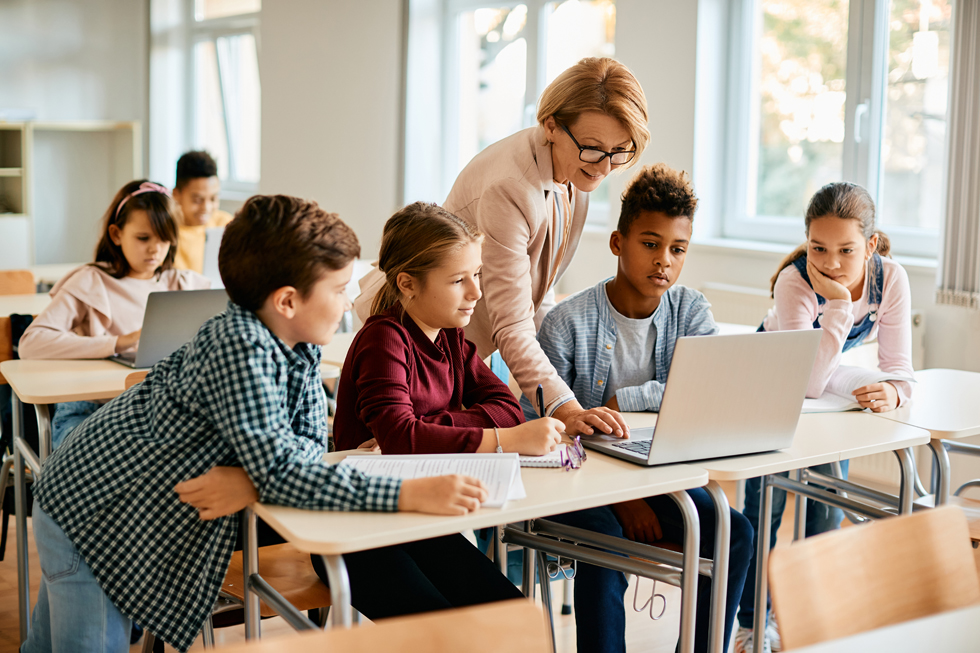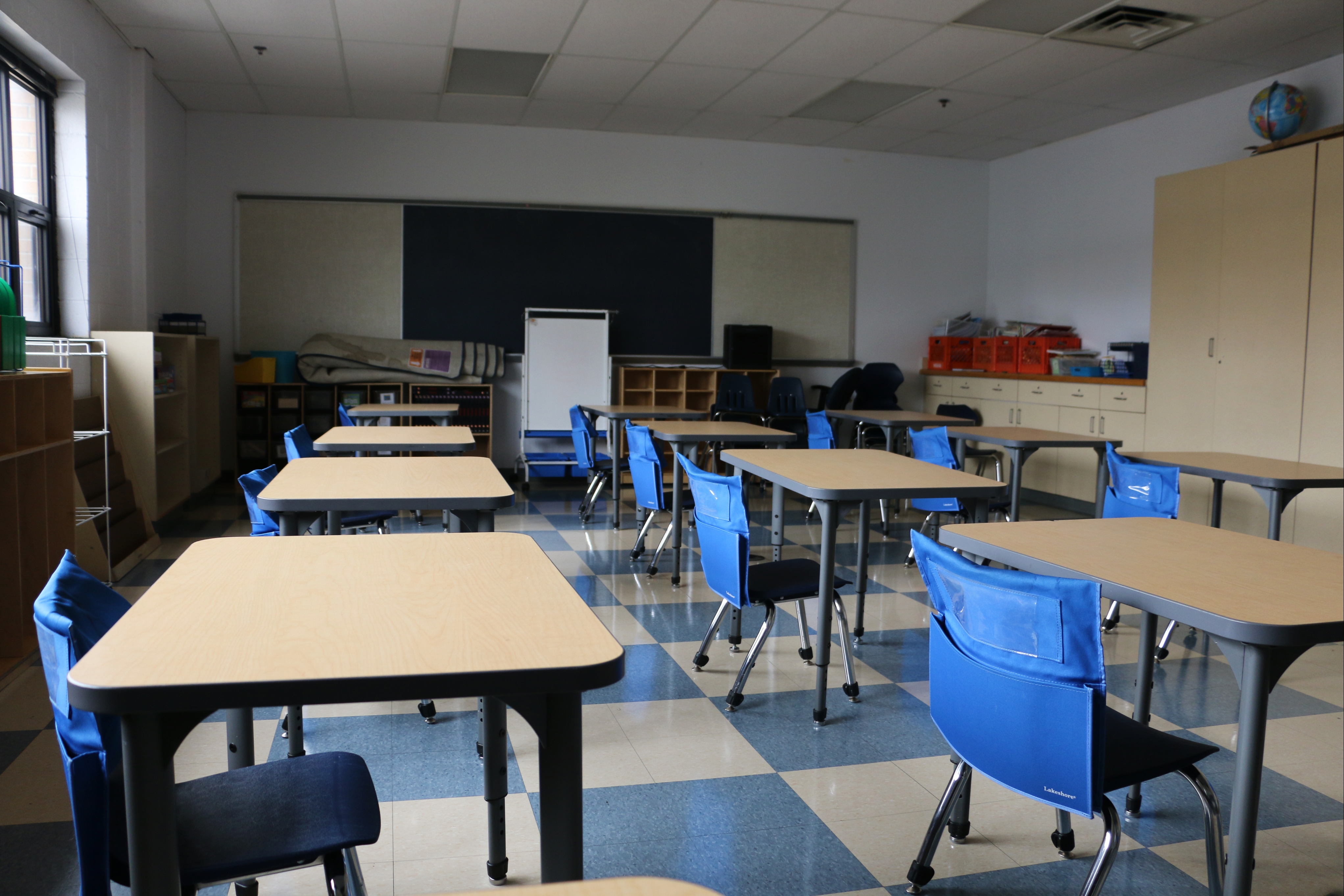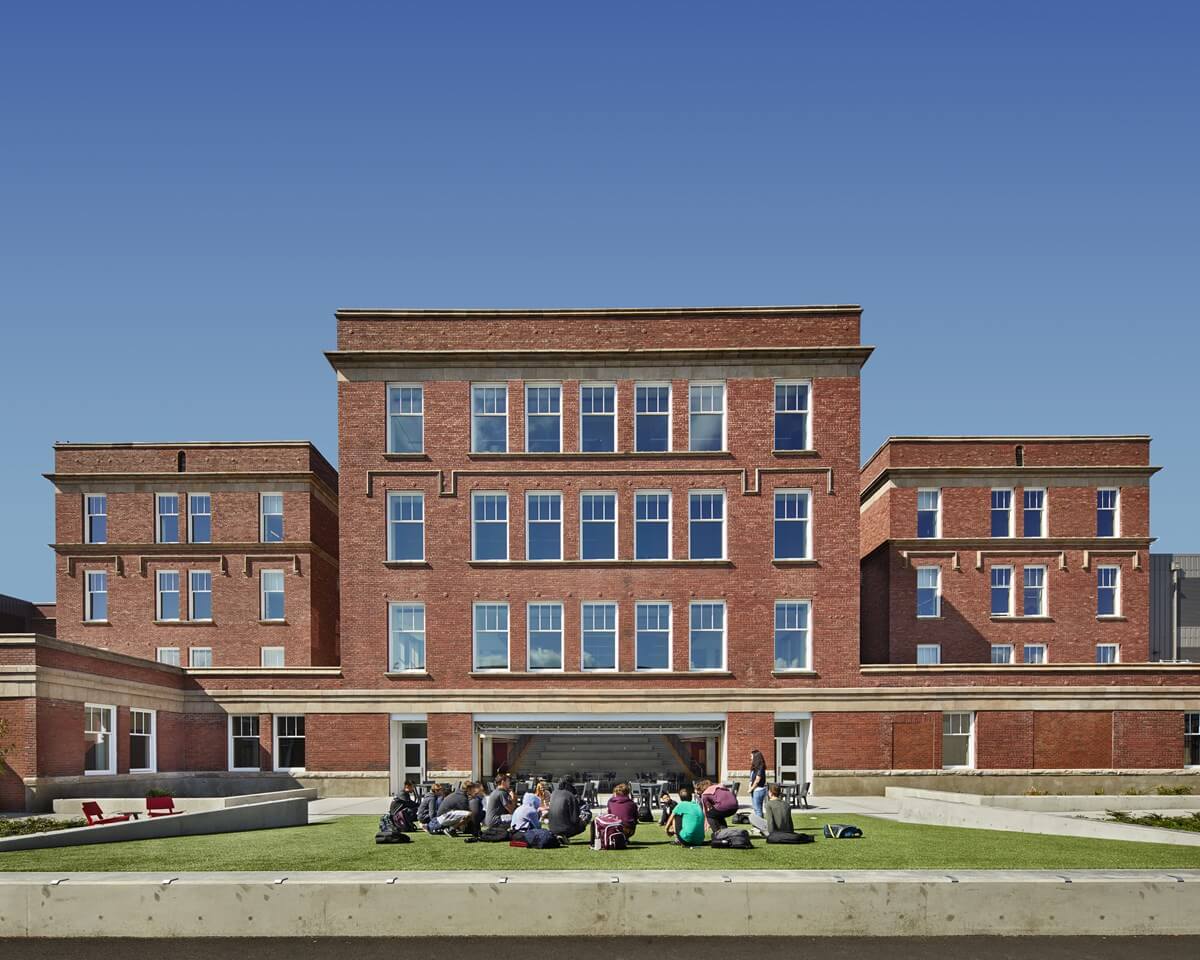Discover the Perks of Advocacy: Save Temecula Schools
Wiki Article
Comprehending the Significance of Schools in Youngster Advancement and Community Growth
Schools act as essential establishments for youngster development and area growth, giving environments where scholastic accomplishments are complemented by the growing of social abilities and exposure to diverse point of views. These instructional setups not only advertise crucial thinking and effective interaction yet likewise foster empathy with joint projects. Furthermore, institutions' involvement with local areas with service-learning campaigns strengthens the bond between families and universities. This cooperative partnership underscores the relevance of colleges in nurturing active citizenship and long-lasting learning habits. However, what are the specific devices by which these organizations attain such extensive effects?Academic Accomplishment
Academic achievement offers as a keystone of kid advancement, offering the structure upon which future learning and success are constructed. Schools play an essential function in fostering this academic development, providing structured settings where kids can acquire important expertise and cognitive abilities. Standardized educational program make sure that trainees gain effectiveness in core topics such as mathematics, scientific research, and language arts, which are critical for both college and specialist chances.Along with passing on fundamental scholastic skills, institutions also grow crucial thinking, analytic capabilities, and intellectual interest. These cognitive competencies are vital for browsing complex real-world scenarios and adjusting to the ever-evolving demands of the modern-day workplace. Educators, as facilitators of learning, utilize varied pedagogical approaches to deal with diverse learning styles, therefore making the most of specific student capacity.
Moreover, scholastic success is carefully connected to self-worth and motivation. Kids that experience academic accomplishments are more probable to develop a positive self-concept and a lifelong interest for learning. Schools likewise supply various sources, such as libraries and innovation, which additionally boost the educational experience and prepare students for a technically sophisticated culture.
Social Ability Growth
Beyond scholastic accomplishment, the role of colleges in social skill advancement is essential. Schools serve as a main location for youngsters to discover and exercise necessary social skills such as dispute, interaction, and teamwork resolution. In the organized environment of a class, trainees interact with peers, educators, and other college staff, offering countless possibilities to establish these important capabilities.Effective social skill development in institutions is assisted in with group tasks, collaborative tasks, and extracurricular programs. These communications help students comprehend social standards, develop compassion, and promote a sense of community. For example, group jobs show pupils exactly how to function together in the direction of an usual objective, listen to different viewpoints, and browse disputes constructively.

The cultivation of social abilities throughout academic year lays a foundation for future individual and expert partnerships. Save Temecula Schools. As trainees mature, the capability to properly collaborate and communicate comes to be significantly essential, underscoring the institution's essential function in alternative kid growth
Exposure to Diversity
Direct exposure to variety in colleges is basic to fostering a comprehensive attitude and broadening trainees' perspectives. Schools offer as a microcosm of the wider society, and encountering diverse societies, languages, and socioeconomic histories within this atmosphere furnishes trainees with essential skills for navigating a progressively globalized world. This direct exposure encourages empathy, minimizes bias, and advertises shared regard amongst peers.Study suggests that students that engage with peers from different histories exhibit far better analytic skills and imagination. This understanding of diversity prepares students for future work environments that value multicultural proficiency - Save Temecula Schools.

Neighborhood Interaction
The advantages of varied classrooms expand past the school walls, cultivating a strong sense of neighborhood engagement among trainees. By connecting with peers from different social, socioeconomic, and ethnic backgrounds, pupils obtain a more comprehensive viewpoint and a recognition for variety. This direct exposure motivates them to become active citizens who want to contribute favorably to their areas.Colleges that highlight neighborhood involvement commonly integrate service-learning projects, which enable students to deal with real-world troubles while using academic skills. These tasks not just boost trainees' understanding of their coursework however additionally instill a sense of obligation and compassion. In addition, collaborations in between schools and regional organizations offer students with opportunities to join neighborhood events, further strengthening see this their role as aggressive neighborhood members.
Furthermore, parental and area participation in institutions reinforces the bond between universities and the neighborhoods they offer. When institutions open their doors to community events, workshops, and volunteer possibilities, they develop a joint setting that benefits all stakeholders. This shared assistance system makes sure that students get holistic development, preparing them to end up being well-rounded individuals that value and contribute to their areas. Through these initiatives, schools play an essential function in nurturing area engagement and promoting social development.
Lifelong Knowing Behaviors
Developing lifelong discovering behaviors is vital for a youngster's continuous development and adaptability in an ever-changing world. Schools play a critical duty in instilling these behaviors by creating an atmosphere that promotes interest, vital reasoning, and a love for knowledge. Through varied educational programs and extracurricular activities, instructors urge pupils to explore various subjects, evaluate information seriously, and apply their learning to real-world situations.
Furthermore, schools supply a structured setting where youngsters can develop self-control and time monitoring skills, both of which are vital for continuous knowing. By stressing the importance of establishing objectives, assessing development, and adjusting strategies, educational institutions try these out prepare trainees to browse the intricacies of adult life, guaranteeing they remain long-lasting learners and contributors to society.
Final Thought
Finally, institutions are essential in fostering kid advancement and neighborhood development by giving atmospheres helpful to scholastic achievement, social skill advancement, and exposure to diversity. With collective jobs and communications, institutions improve crucial thinking, compassion, and interaction abilities. Area involvement initiatives better strengthen the bond between local communities and academic organizations. Eventually, schools cultivate long-lasting understanding practices, gearing up individuals with the necessary expertise and abilities to add positively to culture.In the Click This Link organized atmosphere of a class, students communicate with peers, instructors, and other school team, offering many possibilities to establish these critical capabilities.
In essence, direct exposure to diversity within institutions not just improves individual pupils but likewise reinforces the social fabric of the neighborhood as a whole.
The benefits of diverse class expand beyond the institution walls, cultivating a solid feeling of community interaction amongst students.Institutions that stress area engagement commonly incorporate service-learning tasks, which allow students to deal with real-world issues while using academic skills. Collaborations between schools and neighborhood organizations offer trainees with chances to take part in community events, better strengthening their duty as aggressive area members.
Report this wiki page